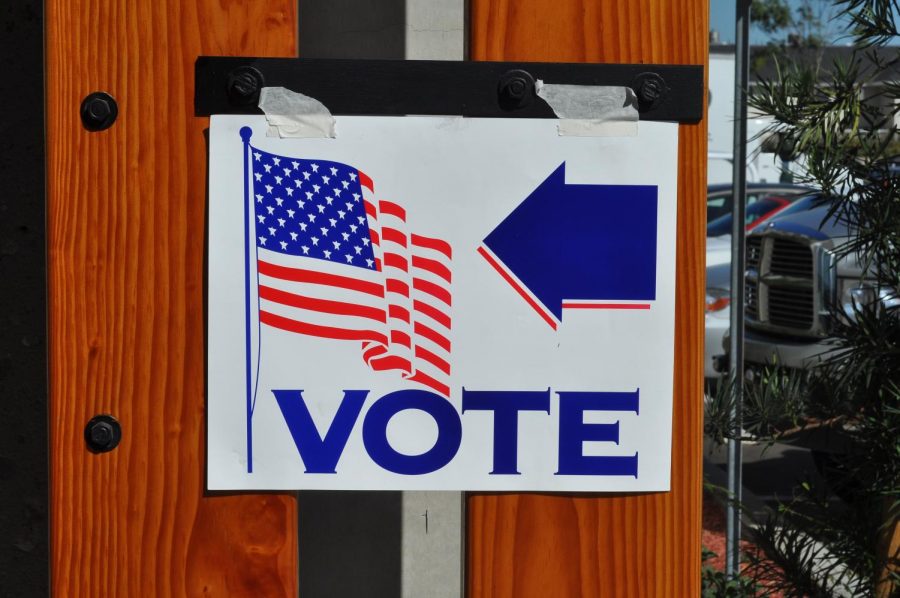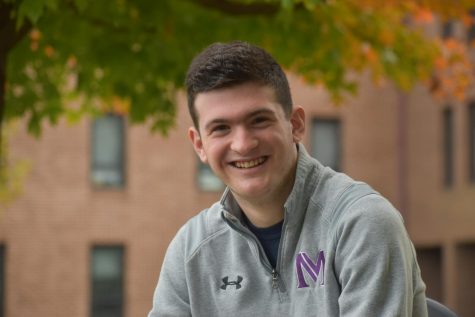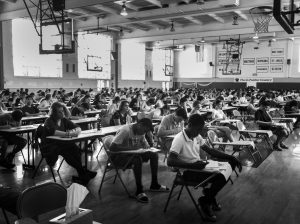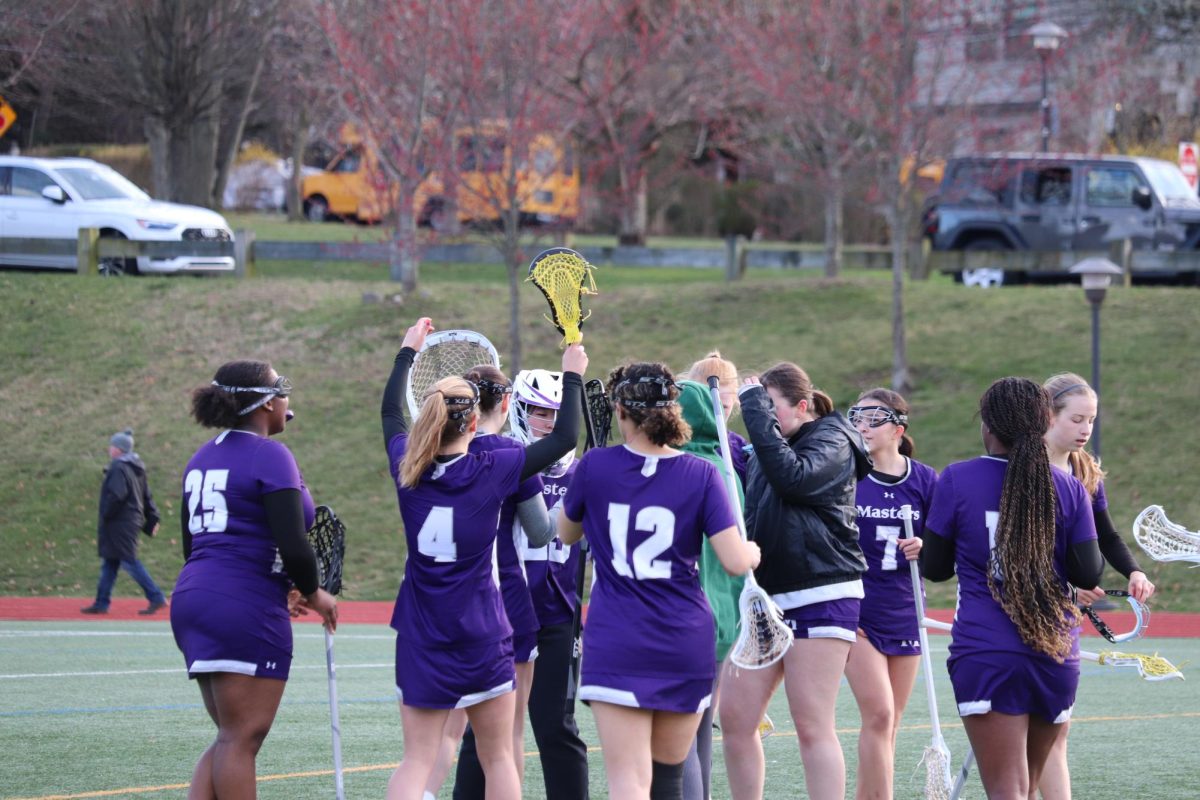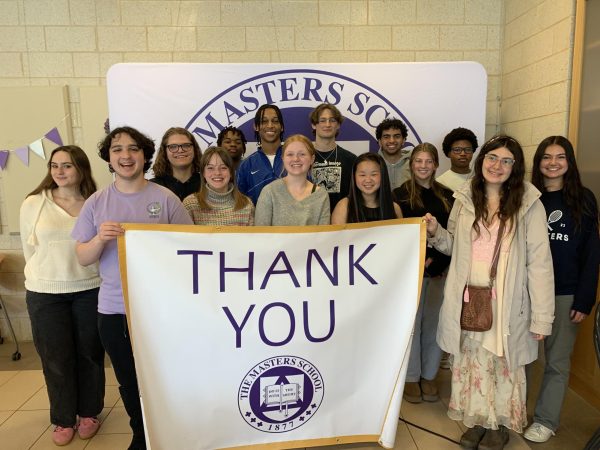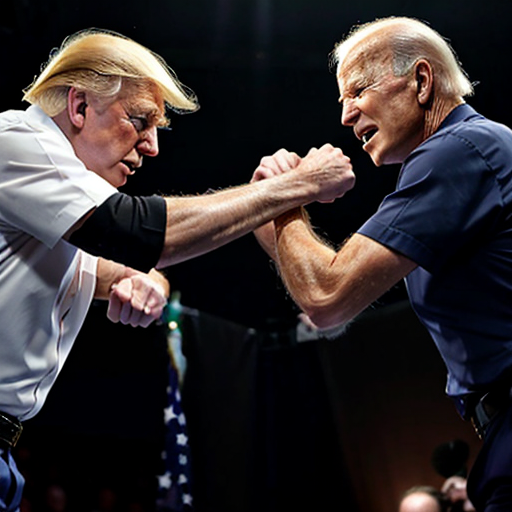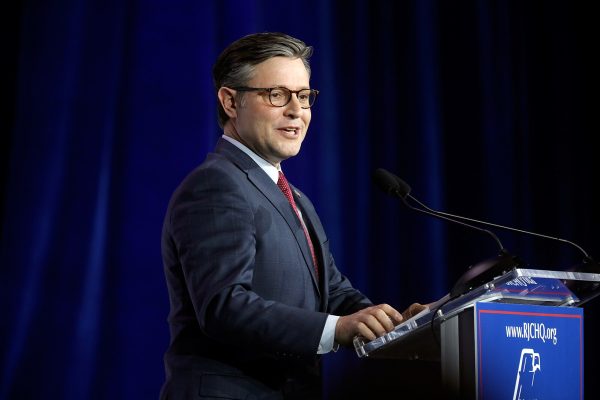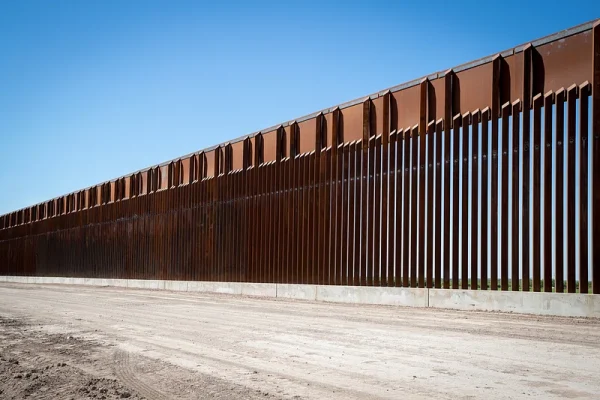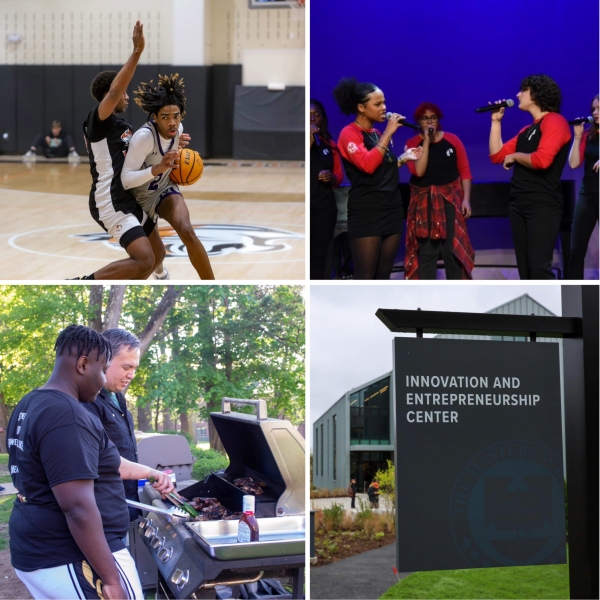To achieve real change, head to the polls
A sign points to a voting location. Primary elections in New York will take place on June 23. Voters have the option of going to polling locations, or sending in an absentee ballot, in order to better socially distance.
June 16, 2020
In the days since the senseless murder of George Floyd, I have seen the Masters community become more politically active than any other time during my seven years on campus.
My Instagram feed transformed overnight from selfies and memes to a buzzing hub of activism. Throughout, I have consistently heard this message: “posting on social media is all well and good, but it’s worthless without any meaningful action.” Suggestions for that meaningful action have included supporting local black-owned businesses, signing petitions and donating to causes that support the movement.
I agree with each of these points, and wholeheartedly support these actions as important steps to enacting real, tangible change.
However, a greater focus must be placed on one key step: voting.
Signing a petition is a great way to help, but it’s important to remember that by signing a petition, you are petitioning a person in power to do something. While this can be very effective, it is far and away more effective to vote to put people in power that will make the changes that those petitions are demanding.
These policy makers are the people who can enact the change you protest for. They are the ones with the power to pass legislation that funds, or defunds law enforcement, or to do away with broken windows policing.
If you are above the age of 18, there is no petition you can sign, no phone call you can make that is more valuable than your vote.
Primary elections in New York are on June 23.
The 17th Congressional District in New York (NY-17) is in the midst of its most competitive democratic primary in decades. Representative Nita Lowey (D), who has served NY-17 since 1989, is stepping down, opening the door for a new representative.
Per a recent Data for Progress poll, the top four candidates are statistically tied within the margin of error, leaving 38 percent of those who were polled undecided. In 2018, slightly less than 200,000 votes (just 26 percent of the district’s population) were cast in the general election of NY-17’s congressional election, let alone in a primary. In such a tightly contested race, your vote will make a difference.
NY-17 consists of all of Rockland county, and parts of Westchester county, such as White Plains and Tarrytown, the heart of where many Masters day students reside.
In the 16th district (NY-16), which encompasses areas of lower Westchester such as Hastings-on-Hudson and New Rochelle, and the northern Bronx, longtime Democratic representative Eliot Engel is facing one of his most challenging re-election bids in his career. Recently, Engel attended a news conference about local vandalism in the Bronx where a microphone caught him saying, “If I didn’t have a primary, I wouldn’t care [about speaking at the rally].”
If you are 18, please, educate yourself on the candidates in your district, and vote. If you are scrolling through post after post on social media, wondering what more you can do to help: vote. If you have attended protests, or signed petitions, and feel as though you have done your part: vote.
Historically, the young demographic of eligible voters have turned out the least in elections. Per the Census Bureau, young voters (ages 18-29) had the worst voter turnout out of any age demographic in the 2016 election, at just 46.1 percent.
The COVID-19 pandemic will only make it more difficult for this turnout rate to improve. Instead of stopping by polling places, voters are now encouraged to request their absentee ballots by June 16, before sending them in before election day on June 23. It’s not ideal, but it’s the reality of the situation we are in.
New York State Senate Majority Leader Andrea Stewart-Cousins told Tower, “You’re taking a serious responsibility, especially now because it’s all different [with the pandemic]. It will be a different structure. So keeping the awareness, the importance and the power of the individual vote is key.”
We have been eager to spend time advocating for change through protesting and reposting. Let’s direct some of that energy towards filling out ballots, too.
If Generation Z is the generation stepping up to the plate to fight global injustices, we shouldn’t be the generation that uses our vote the least. On June 23, and then on Nov. 3, let’s change that.
If you are not 18, like me, your help is necessary as well. Help your family request an absentee ballot, or find them a safe polling place to vote. Learn about the candidates in your district. Read their policies, and find the candidate who will accomplish the change you want to see; campaign for them, work on a phone bank for them, donate to their campaigns. Even if you cannot vote yourself, help others to vote for the change you want to see in your country, and beyond.
In order to accomplish real action in our communities, and in Washington, we need to vote, and we need to do it loudly.



